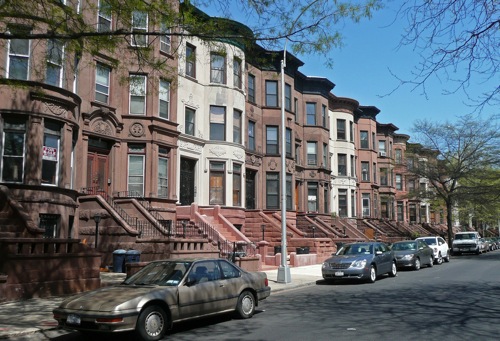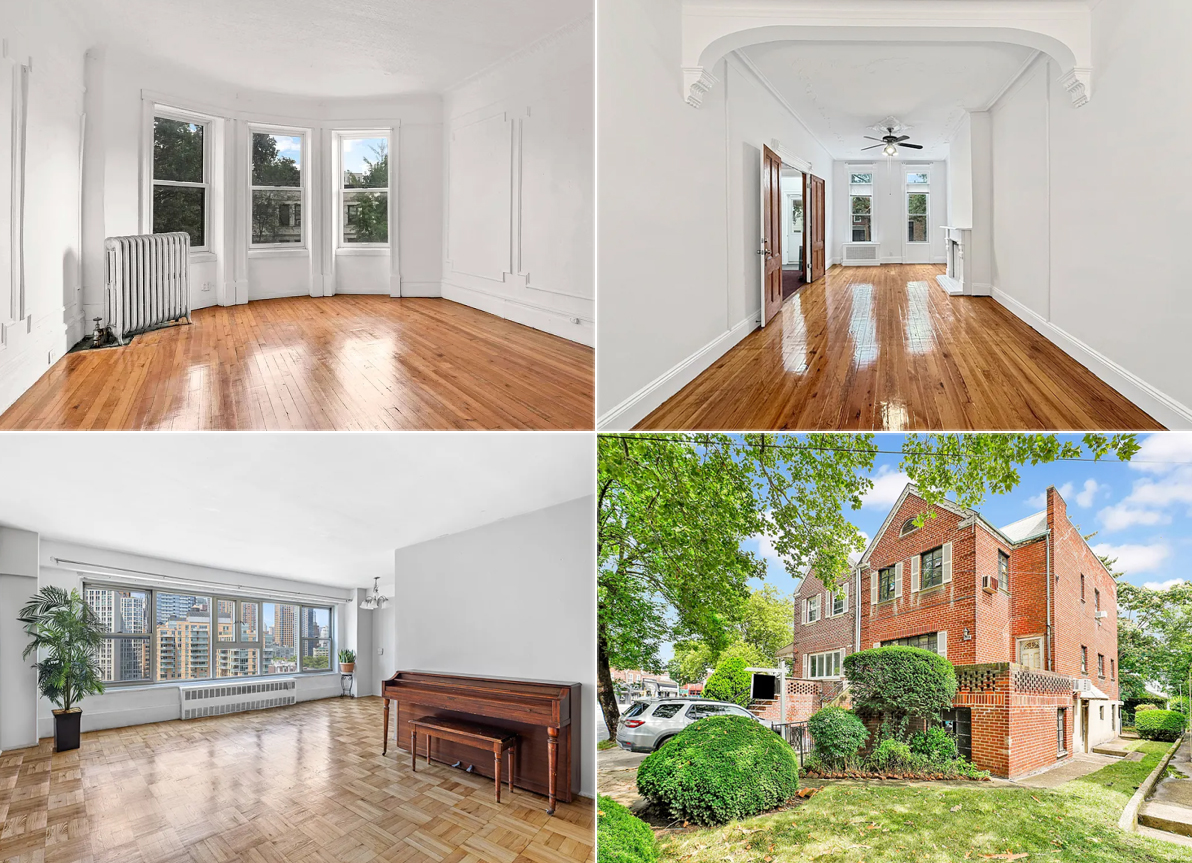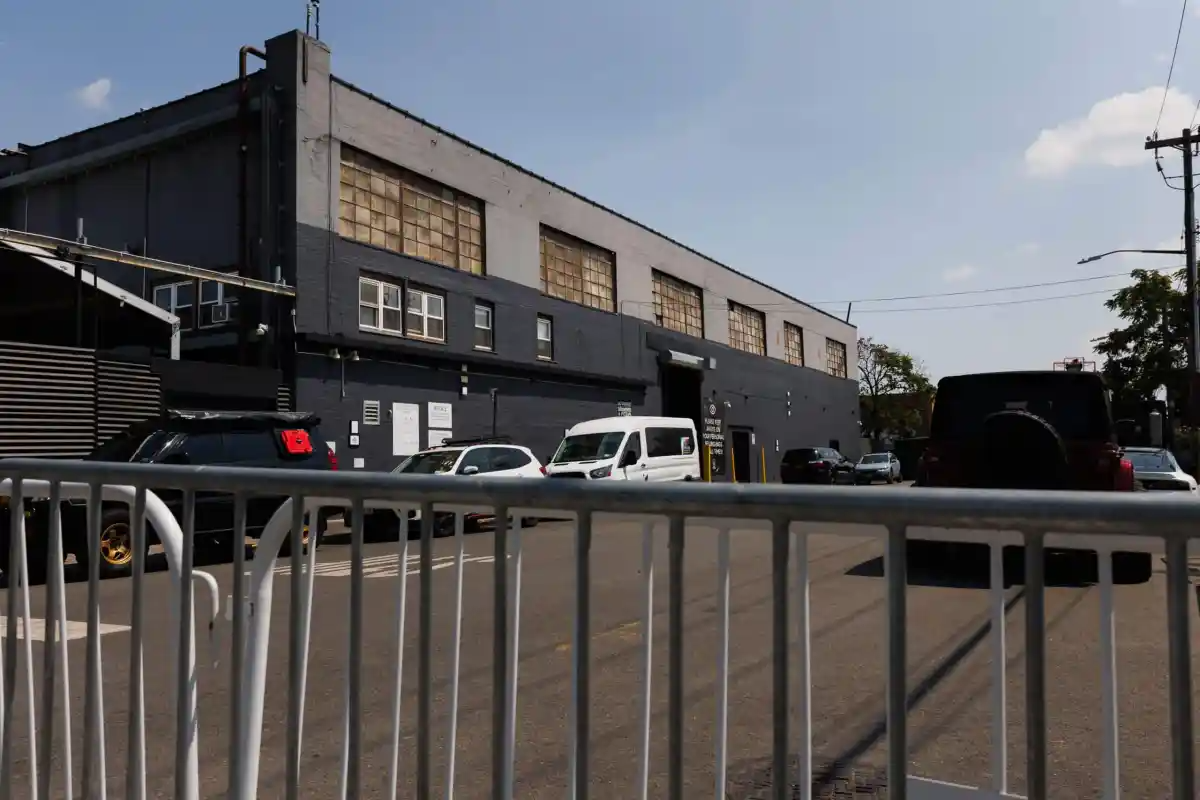Why the Brooklyn Market Is So Uneven Right Now
A story in The Real Deal documents a phenomenon we are seeing a lot of in Brooklyn these days, although it didn’t mention the borough specifically. “With full-fledged sellers’ markets under way in dozens of metropolitan areas around the country, new research has found curious statistical patterns emerging: Even in cities where listings get multiple…


A story in The Real Deal documents a phenomenon we are seeing a lot of in Brooklyn these days, although it didn’t mention the borough specifically. “With full-fledged sellers’ markets under way in dozens of metropolitan areas around the country, new research has found curious statistical patterns emerging: Even in cities where listings get multiple offers within days or hours, significant numbers of homes are sitting on the market for six months, 12 months, or more with no takers,” said the story. In hot neighborhoods from San Jose, Calif., to Boston to D.C., most homes sell in about a month, but a small percentage linger for six months or more, the story said. For example, in the D.C. area, houses in the hottest neighborhoods sell in five to 12 days, while 10 to 12.5 percent of listings in those same neighborhoods sit for six months or more, according to data from MRIS. “Even in the tightest markets, there is a ‘long tail’ of homes languishing” unsold for extended periods, said Trulia Chief Economist Jed Kolko. We see this happening here in Brooklyn, where some houses sit around for more than six months (as we see in Open Houses: Six Months Later), while others go in days for record high prices and all cash (as we have been documenting for some months now). The story calls the houses that don’t sell quickly “turnoff listings” and speculates the reasons might be mispricing, too many restrictions on access, a property that is dirty or in need of repair, or other mistakes in marketing. What do you think holds back some properties in Brooklyn?
Photo by Man+machine
“Turn-off Listings” Languish, Even in Fast-Moving Markets [TRD]





What's Your Take? Leave a Comment